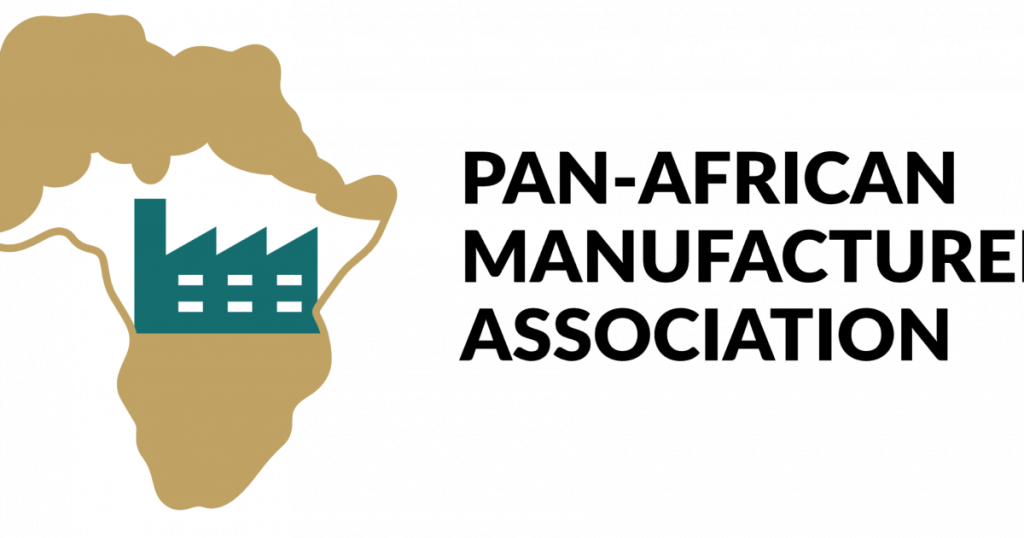The Pan-African Manufacturers Association (PAMA) has expressed deep concern over the ongoing trade war between the United States and China, highlighting its detrimental impact on Africa’s economy. The association reported that this conflict has led to supply chain disruptions, cost increases in production, and uncertainties in export markets, leaving many African manufacturers struggling to navigate these challenges. In addition to the trade war, PAMA noted that global economic slowdowns and persistent inflationary pressures are further exacerbating these difficulties. These compounding factors have provoked significant worry among African businesses regarding their capacity to remain competitive and profitable in an increasingly volatile global market.
In a detailed bulletin published in September, titled Manufacturing Global News, PAMA emphasized the far-reaching repercussions of the trade dispute, which began in earnest in 2018. The organization clarified that a trade war typically involves one nation imposing tariffs or other trade barriers that compel retaliatory measures from the affected country. As the trade war escalated, it adversely impacted Africa’s access to essential raw materials and machinery primarily sourced from China. Concurrently, African exports to the United States faced heightened competition since American companies looked to alternative markets due to rising tariffs imposed on Chinese imports. This dynamic has posed a significant risk to African manufacturers’ production capacities and overall profitability.
The association’s bulletin also highlighted a pressing need for government intervention. Many manufacturers across the continent are calling for assistance to help mitigate the adverse effects of the trade war. PAMA suggests exploring intra-African trade opportunities, particularly through initiatives such as the African Continental Free Trade Area (AfCFTA). This would not only help alleviate some of the pressures caused by external trade conflicts but may also strengthen economic ties within the continent. By enhancing intra-African trade, manufacturers could potentially mitigate risks associated with external market fluctuations and foster stronger regional partnerships.
The PAMA Secretariat underscored the undeniable impact of geopolitical conflicts on global trade, particularly in the current interconnected economic landscape. It pointed out that trade wars, such as the one between the United States and China, have drastically reshaped economic relations worldwide, affecting manufacturing sectors substantially. The trade war’s consequences highlight the vulnerability of interconnected economies, revealing how localized disputes can trigger broader global disruptions, leading to increased trade barriers and diminishing access to markets.
PAMA’s observations align with the broader narrative of increasing protectionism observed globally, as countries grapple with their domestic industries under threat. Retaliatory tariffs and heightened barriers not only complicate trade dynamics but also undermine the commitment to free trade principles. The situation compels nations, particularly those in Africa, to rethink their economic strategies and diplomacy, focusing on building resilience against external shocks while enhancing self-sufficiency and diversifying their trade partnerships.
In light of these challenges, African manufacturers are advocating for a comprehensive strategy to tackle the unfolding crisis. This involves not only adjusting to the current realities of the trade war but also leveraging regional agreements like the AfCFTA to stimulate economic growth and create a more sustainable industrial ecosystem across the continent. By fostering intra-African trade and collaboration, the continent can strengthen its position in the global manufacturing landscape and reduce its vulnerability to external trade conflicts and market volatility.














